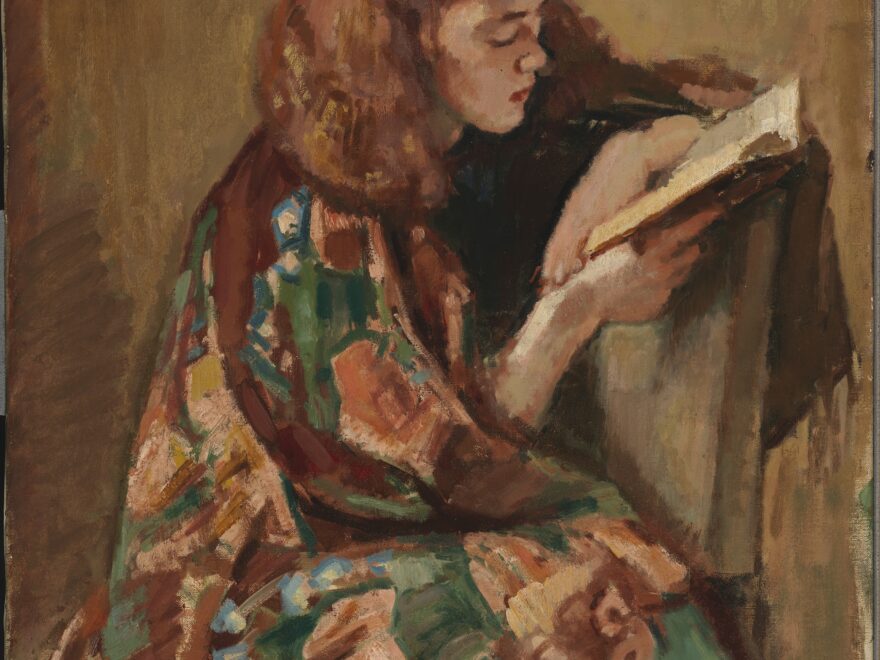Tag: Charlotte Mason
-

Goal Setting and Habits: Starting the New Year SMARTer
It is the start of 2024 and I return once more to the topic of habits. There is an ancient tradition associating habits with virtues. It was Aristotle, for instance, who wrote that “moral virtue comes about as a result of habit” (Nichomachean Ethics 2:1 or 1103a15-b25, trans. W. D. Ross). At the beginning of…
-
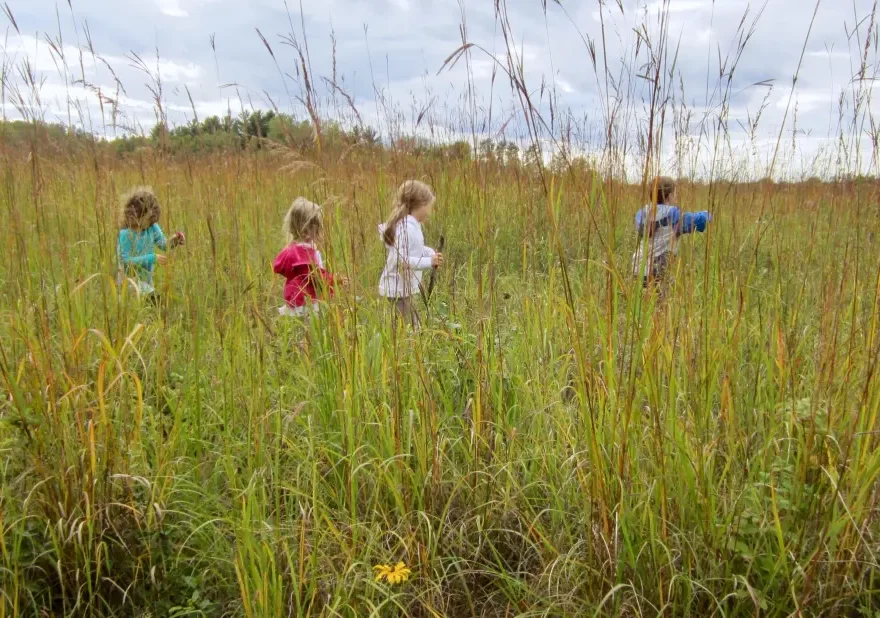
Towards a Philosophy of Nature Study
And God said, “Let the earth sprout vegetation, plants yielding seed, and fruit trees bearing fruit in which is their seed, each according to its kind, on the earth.” And it was so. The earth brought forth vegetation, plants yielding seed according to their own kinds, and trees bearing fruit in which is their seed,…
-

The Education of the Count of Monte Cristo
What are the proper sources for an educational philosophy? Should educators read only sociological journals and experiment in their classroom for the best results? Or is there something more humane and artistic in the nature of teaching? We have decried the technicism and scientism characteristic of modern education before. One consequence of these trends is…
-
The Counsels of the Wise, Part 6: A Pedagogy of Prudence
At this point in our series, we have established prudence or practical wisdom as a Christian and classical goal of education. We have also laid out several paths toward prudence, seeds really, which must be sown in early youth in order to reap the full flowering of practical wisdom in students’ more mature years. Among…
-
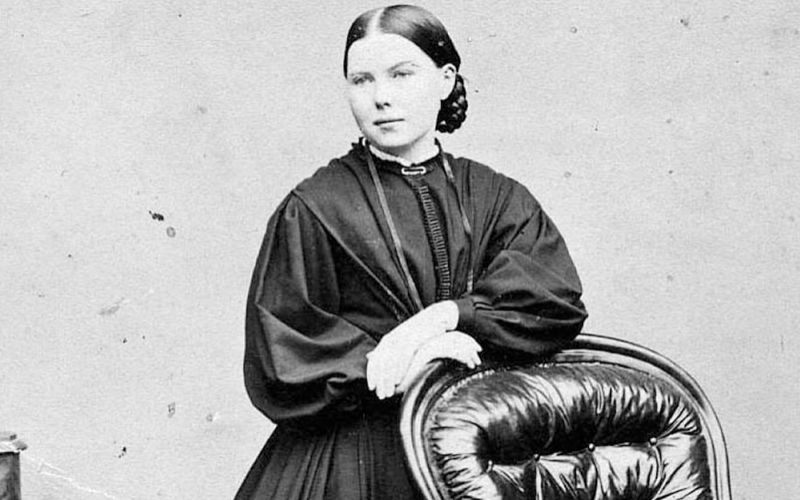
Charlotte Mason, the Educational Philosopher
In researching Charlotte Mason’s life for my forthcoming book on her with Classical Academic Press (preorder Charlotte Mason: A Liberal Education for all!), the latest in the Giants in the History of Education series (register for my live webinar with Classical Academic Press!) I was struck by Mason’s insistence on the importance of educational philosophy.…
-
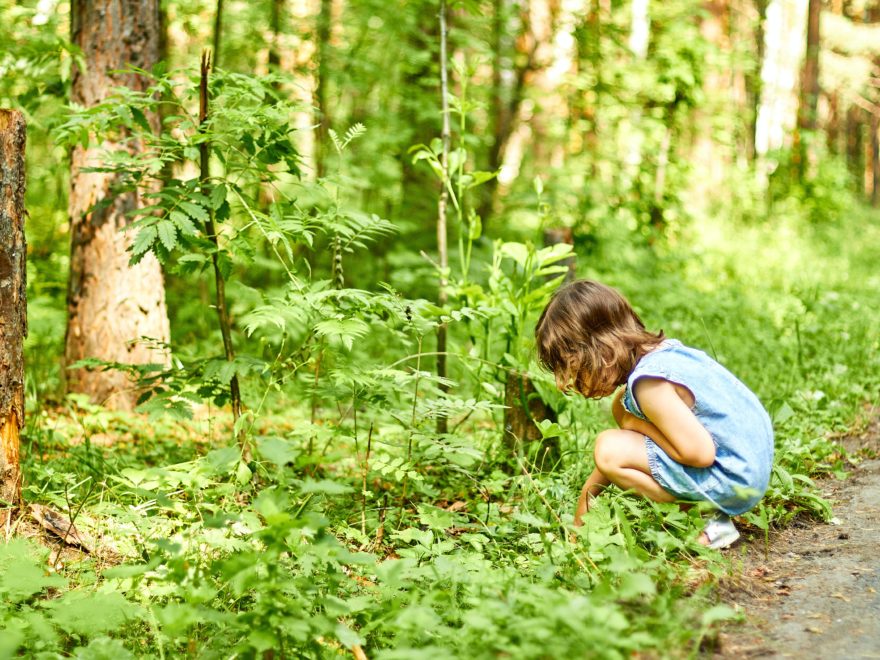
The Drive to Learn: Three Views on the Desire for Knowledge
What is the purpose of knowledge? What is its draw? What drives us to learn and pursue knowledge about God, the world, and ourselves? Most educators agree that pursuing knowledge is a primary goal of education. But views diverge soon after, specifically when questions about the purpose of knowledge emerge as well as what fields…
-
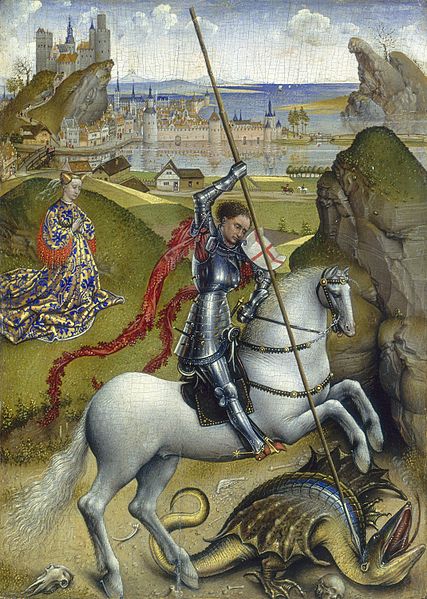
Reading for Meaning: Tapping into the Collective Unconsciousness
The story of Saint George and the Dragon is a classic tale of courage and faith. It tells the story of a brave knight, George, who saves a princess from being sacrificed to a dragon that has been terrorizing a small town. After slaying the dragon, George is celebrated as a hero and his bravery…
-

The Classical Notion of Self-Education for Today
In her lecture at Oxford in 1947, Dorothy Sayers remarked, “Is it not the great defect of our education today, a defect traceable through all the disquieting symptoms of trouble that I have mentioned, that although we often succeed in teaching our pupils ‘subjects,’ we fail lamentably on the whole in teaching them how to…
-

Teaching a Narration-Based Bible Lesson
“Child,” said Aslan, in a gentler voice than he had yet used, “perhaps you do not see quite as well as you think. But the first step is to remember. Repeat to me, in order, the four signs.” The Silver Chair by C.S. Lewis Teaching a Bible lesson can be a teacher’s most intimidating class…

